Fertilizer for peppers
marlak25
13 years ago
Related Stories

GARDENING GUIDESGet on a Composting Kick (Hello, Free Fertilizer!)
Quit shelling out for pricey substitutes that aren’t even as good. Here’s how to give your soil the best while lightening your trash load
Full Story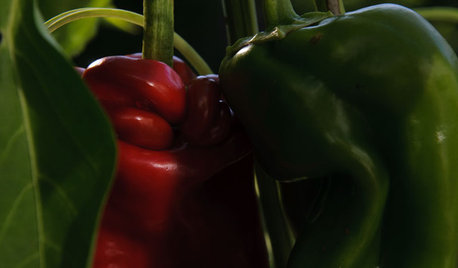
GARDENING GUIDESSummer Crops: How to Grow Peppers
Some like 'em hot; others like them sweet. With the incredible range of peppers available for home gardens, you can have your pick
Full Story
GARDENING GUIDESHow to Switch to an Organic Landscape Plan
Ditch the chemicals for a naturally beautiful lawn and garden, using living fertilizers and other nontoxic treatments
Full Story
GARDENING GUIDESHow to Keep Your Citrus Trees Well Fed and Healthy
Ripe for some citrus fertilizer know-how? This mini guide will help your lemon, orange and grapefruit trees flourish
Full Story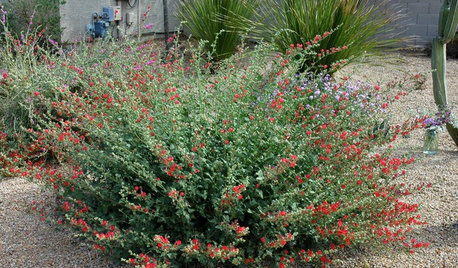
GARDENING GUIDESSouthwest Gardener's February Checklist
Orange you glad for a citrus-fertilizing reminder? And don't forget the recommended doses of vegetable seeds and cold-hardy flowers
Full Story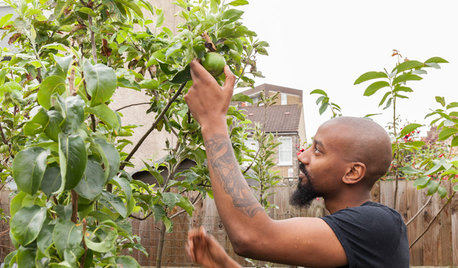
GARDENING GUIDESLush, Foodie Abundance in a Small Urban Garden
This modest backyard garden provides its owner with fruit and vegetables all year round, thanks to an innovative low-maintenance approach
Full Story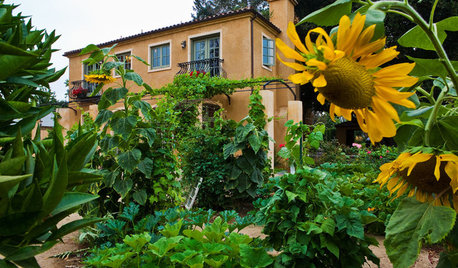
REGIONAL GARDEN GUIDESTexas Gardener's April Checklist
Get your sowing and planting on — spring brings a tantalizing array of possibilities in the garden
Full Story
GARDENING GUIDESCalifornia Gardener: What to Do in July
Active green thumb or not, top priorities for peak fruit and veggie season: watering, feeding, keeping up with growth
Full Story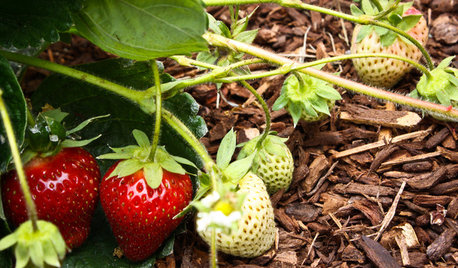
SPRING GARDENINGSummer Crops: How to Grow Strawberries
Pluck your own sweet strawberries right from the garden vine for smoothies, salads or eating then and there
Full Story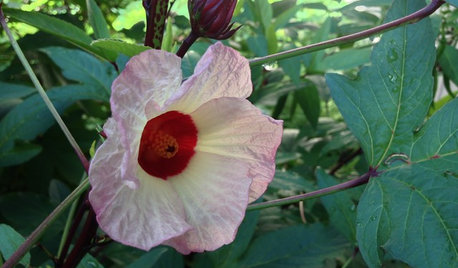
EDIBLE GARDENSGreat Design Plant: Roselle Tantalizes With Beauty and Flavor
Call it a fruit or a flower or a sweet vegetable. This hibiscus is so lovely, all that matters is calling it forth in your garden
Full Story






wordwiz
jean001
Related Professionals
Mount Wilson Landscape Architects & Landscape Designers · Brentwood Landscape Contractors · Anderson Landscape Contractors · Arden-Arcade Landscape Contractors · Pompano Beach Landscape Contractors · Royal Oak Landscape Contractors · South Farmingdale Landscape Contractors · Wailuku Landscape Contractors · West Chicago Landscape Contractors · Westchester Landscape Contractors · Whittier Landscape Contractors · Yuba City Landscape Contractors · Sun Valley Landscape Contractors · Ashburn Driveway Installation & Maintenance · Round Lake Beach Driveway Installation & Maintenancemarlak25Original Author
anney
anney
wordwiz
anney
DrHorticulture_
wordwiz
DrHorticulture_
sandhill_farms
amlinde78
wordwiz
farmingvillefarmer
ausbirch
farmingvillefarmer